Do you want to eat well, but above all do it while being well? The FAO has decided to give 12 recommendations, ranging from eating less red meat and more vegetables, whole grains instead of refined ones, seasonal products and a varied diet instead of ready meals and quick dinners from fast food. In this way, food will be sustainable and therefore also good for our planet.
We must not forget, in fact, that the production of raw materials is responsible for the emission of 25 percent of greenhouse gases into the atmosphere and the use of 70 percent of water resources.
It is not necessary to become a vegetarian, but to prefer plant-derived products. Eat meat only twice a week, avoid adding sliced meat as much as possible in recipes. Also reduce the consumption of milk and cheese, choosing the alternatives of soy and rice. It is important to vary what you bring to the table. Try to eat five servings of fruit and vegetables a day and you will see that you will be less hungry and the temptations of an industrial snack will decrease. A processed product pollutes more and guarantees a lower supply of nutrients than a fresh product.
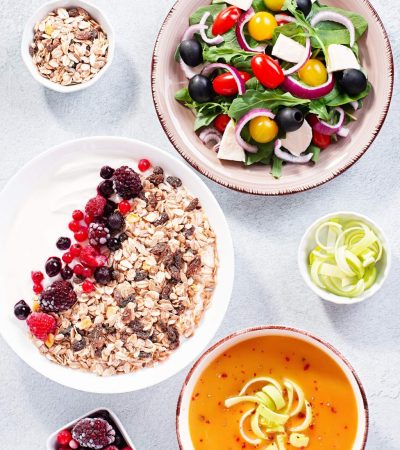
It is essential to choose seasonal and possibly local products. Organic, then, is the best. Better to avoid those products that have had high doses of fertilizers and pesticides, which pollute the soil, aquifers and air.
There are farmers’ markets and small shops, therefore preferable to large retailers whenever possible. Ready meals and snacks pollute and have less nutrients.
Why not buy the products you need and cook yourself a nice recipe at home?
It will also be a way to use less plastic and boxes. The snack implies wasted fuel (it comes from outside, is processed in another place, then arrives on the shelves) and higher CO2 emissions.
If you choose whole grains you will have higher nutritional benefits and, in addition, a solid defense against cancer, cardiovascular disease and intestinal problems. Whole grains need less processing and therefore save water and energy. Sugary drinks are good, but not very thirst-quenching. The sugar content is not healthy, it is better to drink water and in any case lightly processed drinks. Increase the consumption of legumes: the amount of animal products is reduced, but not the amount of protein for the diet. You will get more fiber, nutrients and the impact on the planet will be less.
In addition to reducing the consumption of red meat, care must also be taken when buying fish. Better the one caught in the Mediterranean, therefore close to home, and check the seasonality.
Some certifications guarantee that the product derives from sustainable fishing.
Last recommendation from the FAO: when buying products of animal origin, make sure that they come from free-range, organic and pasture farms. Avoid the lager sheds where animals suffer along with the planet.
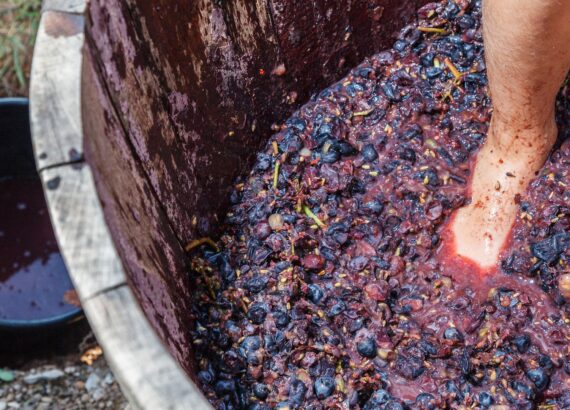

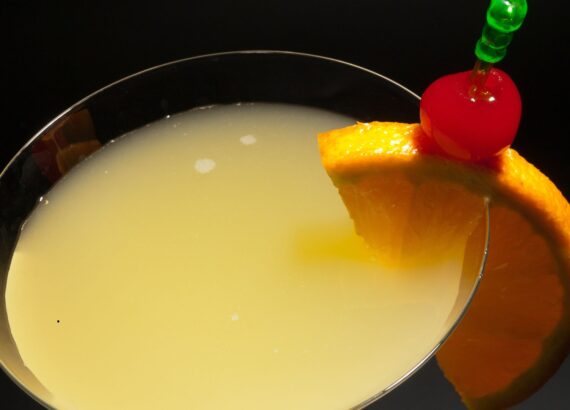


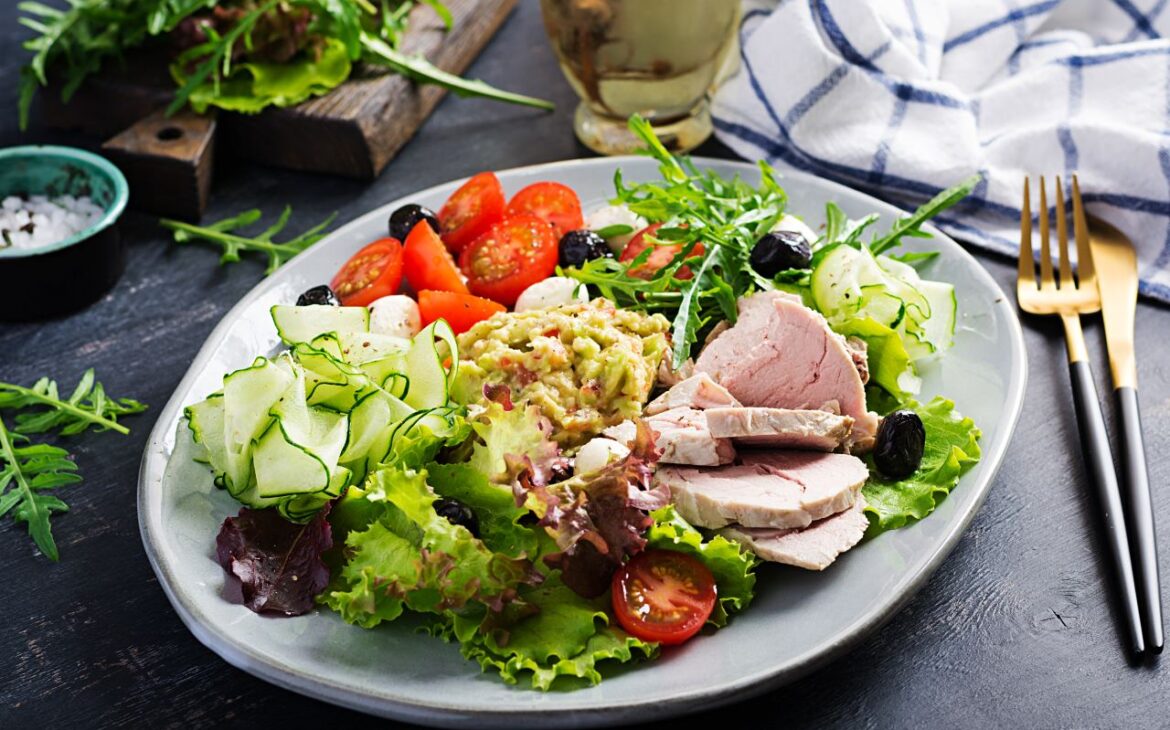
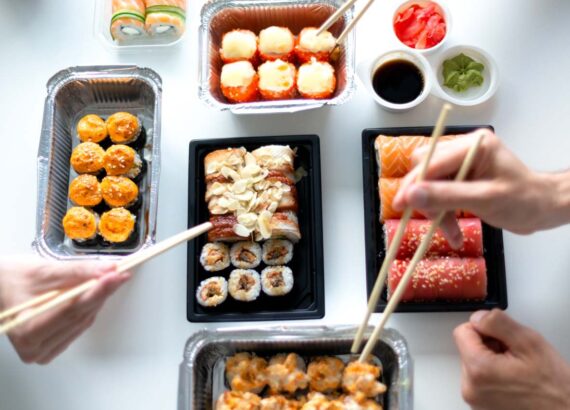


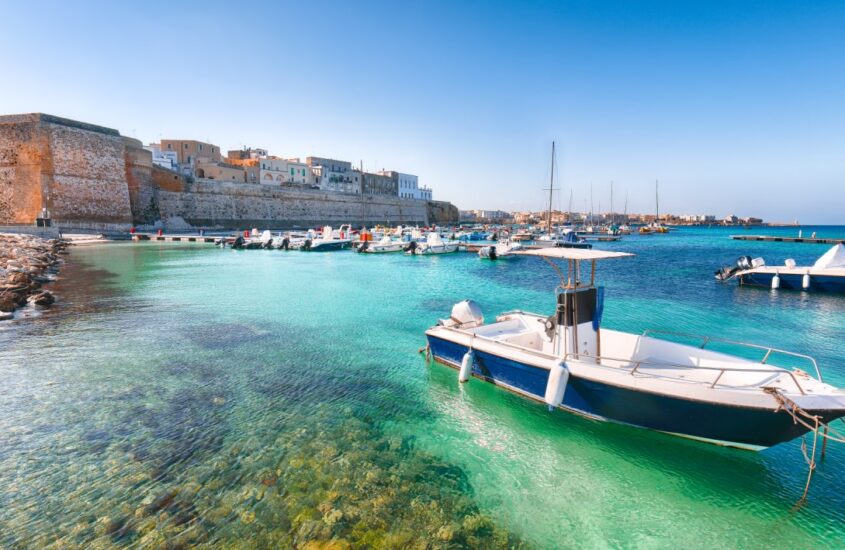

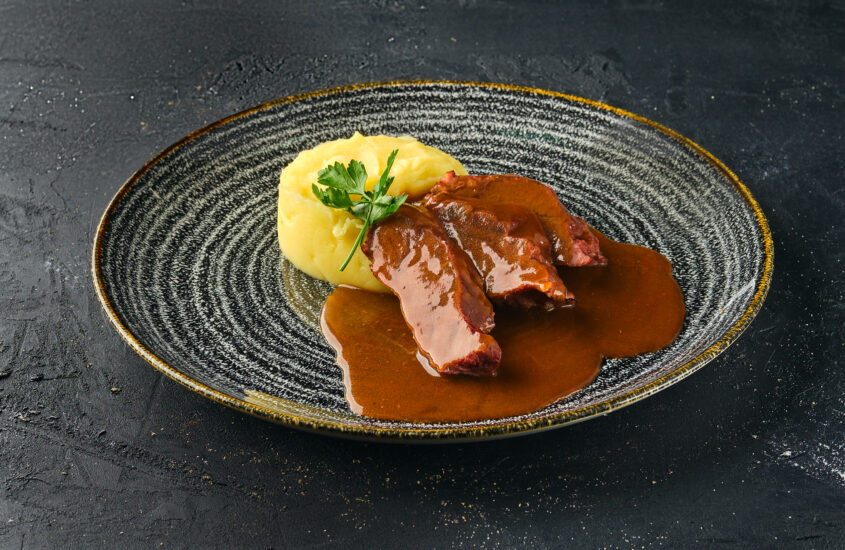
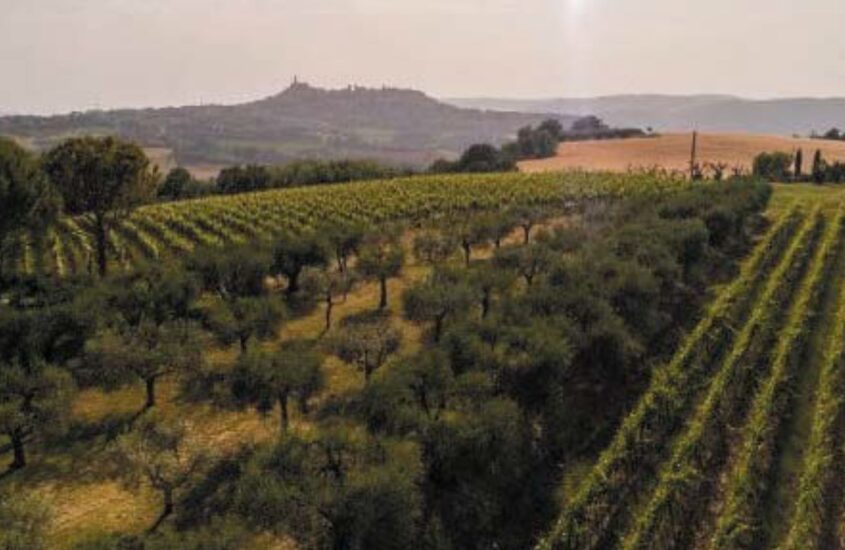
Comments are closed.